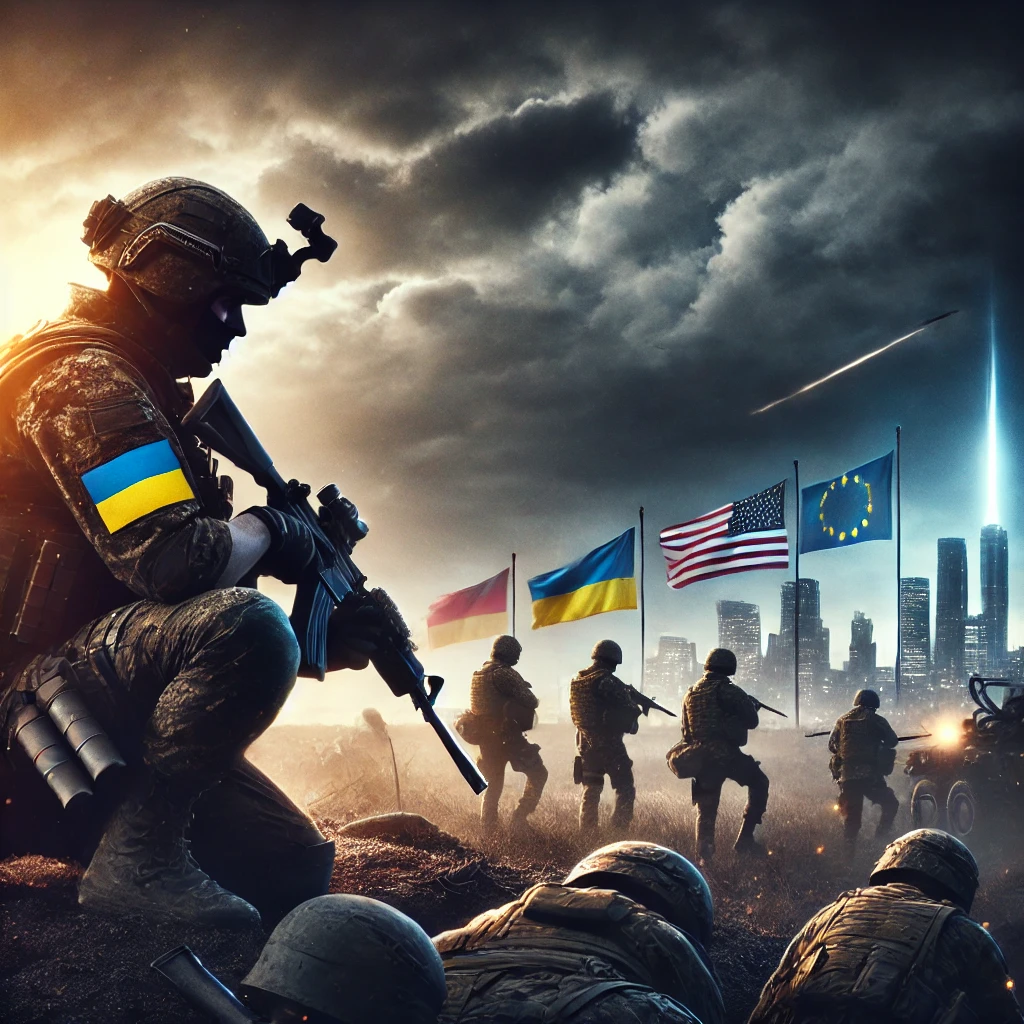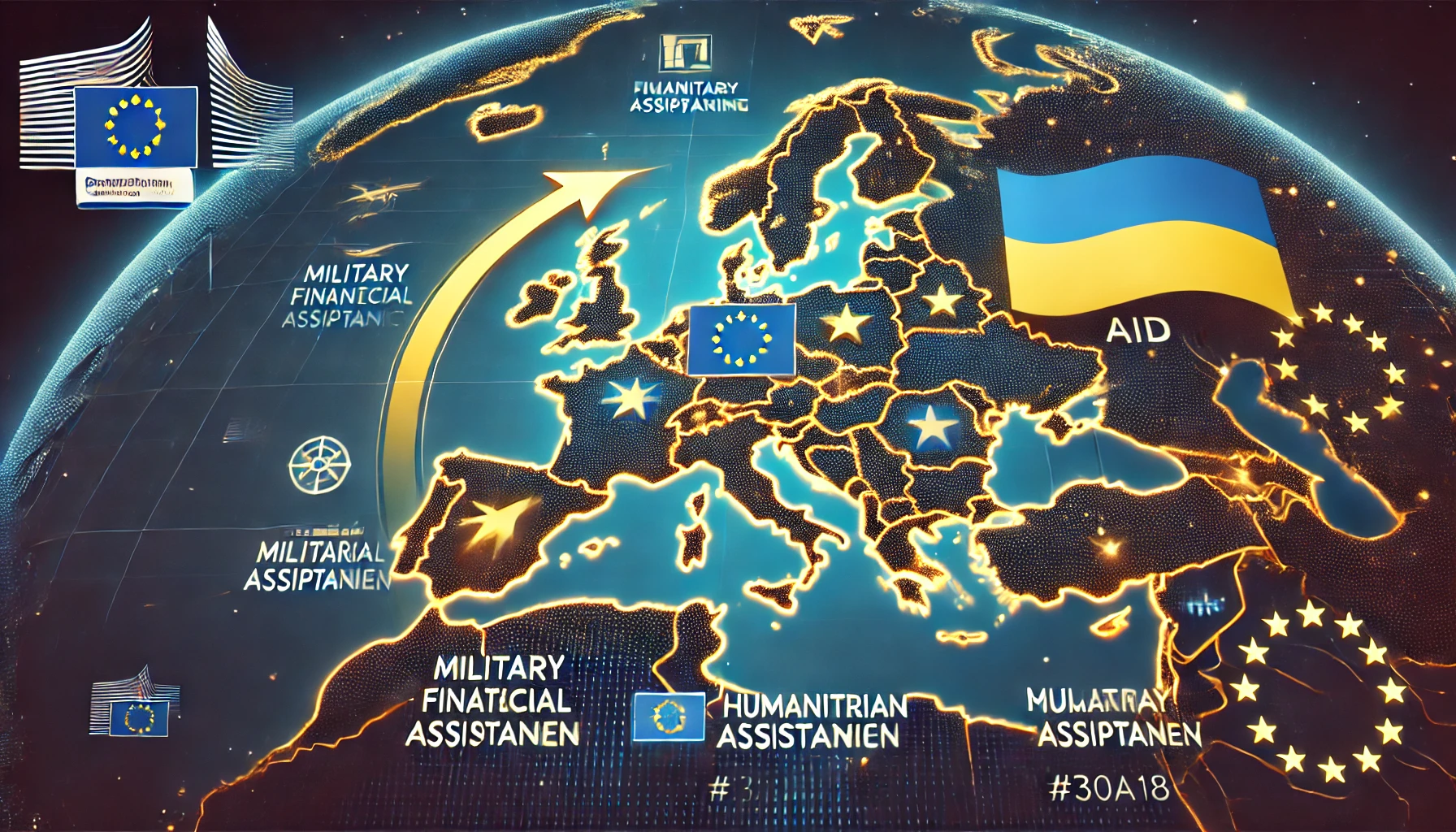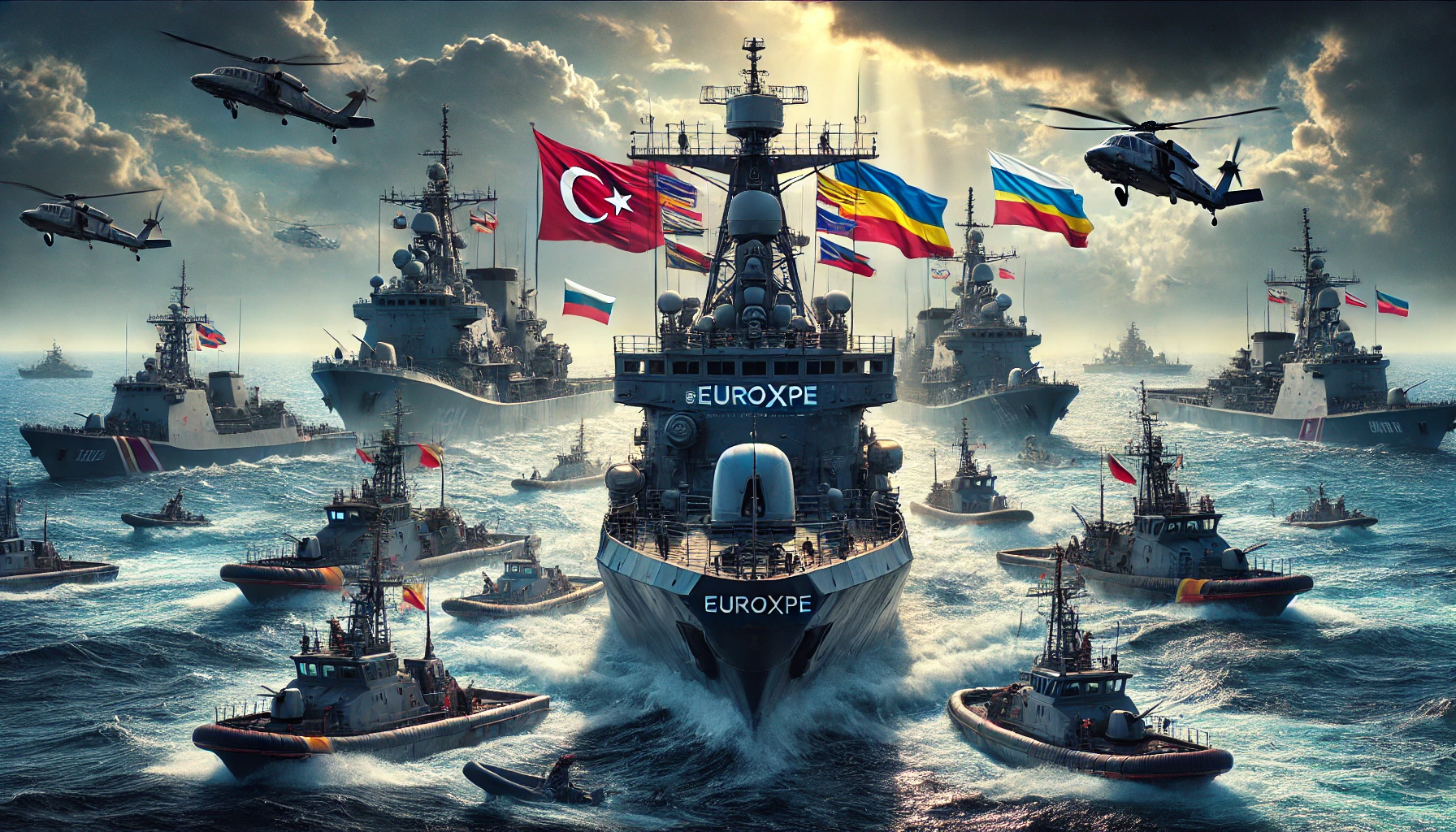Poland has recently taken a bold stance on the welfare of Ukrainian men of military age residing in Europe. During a meeting in Kyiv, the Polish Foreign Minister, Radoslaw Sikorski, suggested that European governments should end social benefits for these men to encourage them to return to Ukraine and support their country’s war effort against Russia. According to Sikorski, such measures would not only benefit Ukraine by increasing its available troops but would also reduce financial burdens on host countries.
Sikorski’s call comes at a crucial time as Ukraine continues its struggle against Russian forces, with the war now extending into its third year. Over 4.1 million Ukrainians currently enjoy temporary protection status in the European Union (EU), and about 22% of them are adult men. Many of these men have been able to avoid the military draft, thanks to the safety and benefits provided by European nations. However, Sikorski argues that this situation is unsustainable, emphasising, “There should be no financial incentives for avoiding the draft in Ukraine.”
The Ukrainian government, too, appears to support this proposal. Ukrainian Foreign Minister Andrii Sybiha echoed Sikorski’s sentiment, stating that it is time to address the question of repatriation for Ukrainian men. He suggested that the EU should start developing programs aimed at returning these individuals to Ukraine, where they can assist in the war effort. Although Sybiha emphasised the need for appropriate conditions to facilitate such returns, he backed the notion that this should be a priority for European governments.
As the war rages on, Ukraine is facing a severe shortage of soldiers. The need for fresh troops is dire, not just to hold defence lines but also to rotate exhausted troops and replace those who have been lost in combat. Meanwhile, Russia enjoys a numerical advantage in both personnel and weaponry, making Ukraine’s situation even more precarious. In response to this, Ukraine has lowered the minimum age for conscription from 27 to 25 in a bid to increase its recruitment numbers. Additionally, Kyiv has implemented a series of measures aimed at tracking Ukrainian men living abroad and encouraging them to update their draft status online.
However, despite these efforts, many Ukrainian men have fled the country to avoid being drafted, with some reports suggesting widespread corruption within the military recruitment system. Allegedly, certain individuals have been able to pay bribes to avoid military service, further complicating Ukraine’s efforts to mobilise its population. This situation has led to growing frustration, particularly as the war’s human toll mounts.
Looking at the broader picture, the Polish minister’s proposal raises important ethical and political questions. Should men of a certain age group be forced to return to a war they’ve managed to escape? Is it the responsibility of host countries to cut off support to encourage this? The current patriarchal mindset, which views men primarily as soldiers, reflects a dated perspective that many are working to dismantle in modern society. Women, especially in Europe, have fought for gender equality and continue to push back against oppressive, outdated views that pigeonhole men as mere cannon fodder in conflicts orchestrated by politicians.
While it is undeniable that Ukraine, embroiled in an existential war, needs soldiers to defend its borders, the moral burden should not fall solely on men. The conflict is the product of political manoeuvres, and the responsibility for the devastating war lies at the feet of politicians and their failed diplomacy. Expecting ordinary citizens—especially men—to risk their lives while decision-makers remain in safety highlights the stark contrast between the governing elite and the general populace.
In summary, this complex issue touches upon several important topics: national duty, human rights, and the lingering effects of patriarchal views. As Ukraine continues its battle against Russia, the debate over how to mobilise its population without infringing on individual rights will only intensify. This development marks another chapter in a war that has already caused unimaginable suffering and loss.
(Source: Reuters and various news agencies)






